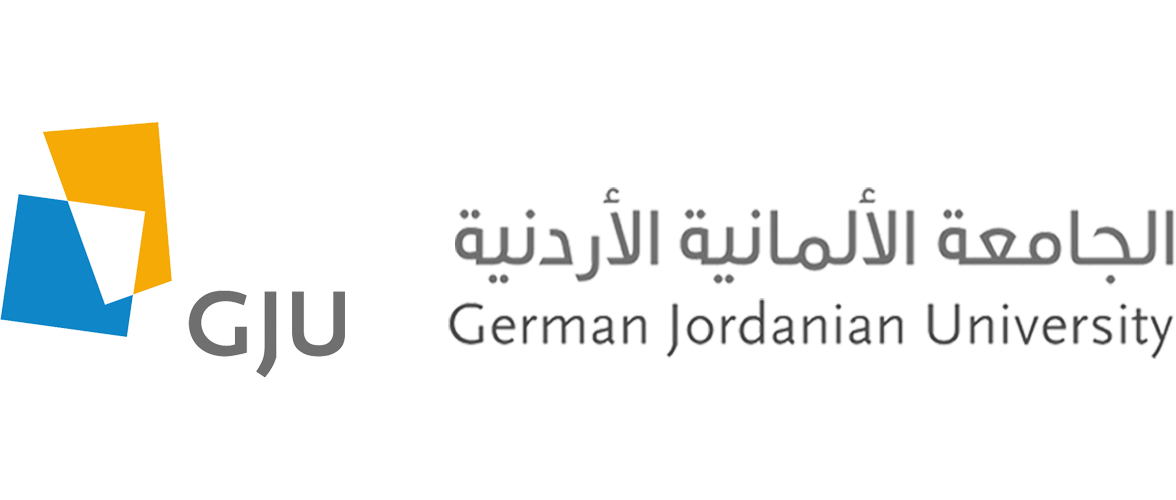Technology transfer (TT) is one pillar mission that DI-TECH is adopting towards spreading the research results and innovations conducted by GJU members to the local and global community. In fact, having a TT unit at the university will create a bridge between the academic and industrial fields, which is crucial to both sides, as it can steer the conducted research towards solving realistic industrial-related challenges, thus creating a harmonized academical-industrial echo system that works together collaboratively and efficiently.
To achieve that, DI-TECH through its TT unit will provide the following services to GJU members:
- Facilitate the community's access to technologies and scientific research through an efficient transfer of technology.
- Raising awareness regarding IP within the University’s community.
- Provide a system for Intellectual Property (IP) management including rights, responsibilities, authorities, and exploitation.
- Reward the creative efforts of the University Community with major shares in the proceeds of commercialization.
- The day-to-day implementation of processes related to identifying, protecting, and commercializing the university IPs.
- Ensuring that all IP-related matters are handled in a timely manner including related internal decision-making procedures.
- Acting as the point of contact for all IP inventors and service providers, and relaying requests, applications, and other information to the IP Committee, which is an internal committee responsible for handling all IP related matters and when needed.
- Maintaining awareness of major research outputs at the university to identify those that are potentially valuable and can lead to a successful IP asset.
- Assessing or overseeing the assessment of IP disclosures in terms of potential commercial, societal values, and protection scope.
- Liaising with advisors and service providers as needed.
- Supporting the preparation of legal documents required for any filing of IP including the patent specification.
- Exploring potential commercialization pathways for the university IPs.
- Establishing links with potential partners and licensees within the local and international industrial sectors.
- Pursuing the promotion of the university IPs towards partnerships, such as licensing to industry partners, and, where authorized, conducting negotiations on behalf of the university.
- Preparing or supporting the preparation of legal documents related to agreements involving the university IPs.
- Connecting the university’s community with the local and international IP ecosystem.
- Establishing links with the local and international technology transfer ecosystem.

